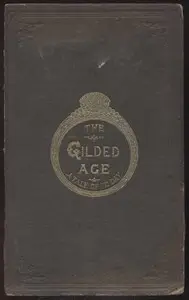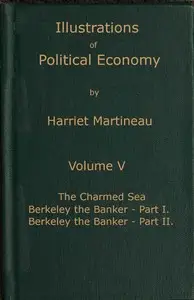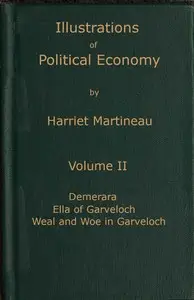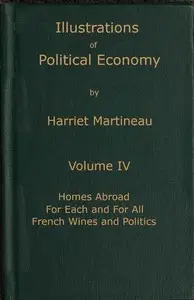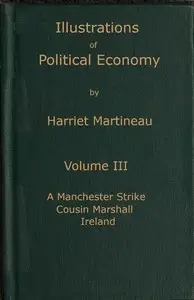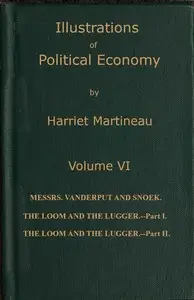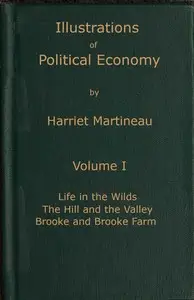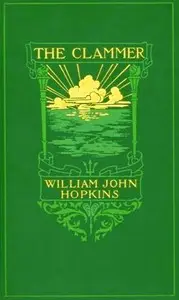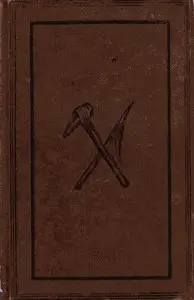"Illustrations of Political Economy, Volume 7 (of 9)" by Harriet Martineau is a set of 19th-century stories that paint a picture of tough economic times using fictional tales. The book looks at the difficulties of the working class, showing how society and the economy affect their jobs and daily lives. The story begins with "Sowers Not Reapers," in a dry Yorkshire where Mrs. Kay and Mary worry about food and the future as they await news of rain. Mrs. Kay speaks about her stress over the bad harvest and the dangers around them, exposing the fear felt by many workers at that time. Through their experiences, the book displays the gap between the hard work of the poor and the ease of the rich, looking closely at how economic policies and societal structures greatly affect those who labor.
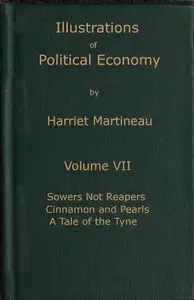
Illustrations of political economy, Volume 7 (of 9)
By Harriet Martineau
In a parched land, two women's worries reveal a society where hard work doesn't guarantee a full table, exposing the deep cracks in the economic foundation.
Summary
About the AuthorHarriet Martineau was an English social theorist. She wrote from a sociological, holistic, religious and feminine angle, translated works by Auguste Comte, and, rarely for a woman writer at the time, earned enough to support herself. The young Princess Victoria enjoyed her work and invited her to her 1838 coronation. Martineau advised "a focus on all [society's] aspects, including key political, religious, and social institutions". She applied thorough analysis to women's status under men. The novelist Margaret Oliphant called her "a born lecturer and politician... less distinctively affected by her sex than perhaps any other, male or female, of her generation."
Harriet Martineau was an English social theorist. She wrote from a sociological, holistic, religious and feminine angle, translated works by Auguste Comte, and, rarely for a woman writer at the time, earned enough to support herself. The young Princess Victoria enjoyed her work and invited her to her 1838 coronation. Martineau advised "a focus on all [society's] aspects, including key political, religious, and social institutions". She applied thorough analysis to women's status under men. The novelist Margaret Oliphant called her "a born lecturer and politician... less distinctively affected by her sex than perhaps any other, male or female, of her generation."

